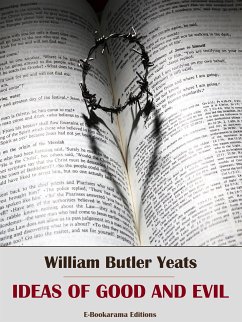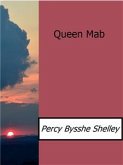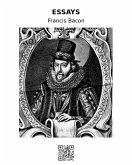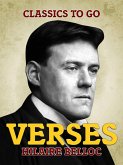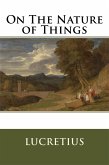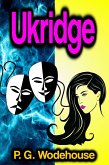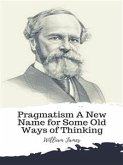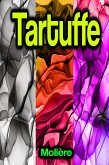Before Yeats won awards, his interest in spirituality and folklore drove him to write at length about Irish mythology and the occult before the turn of the 20th century. In many ways, it was Yeats who popularised the characters of Celtic mythology and medieval Irish folklore for contemporaneous audiences.
First published 1903, "Ideas of Good and Evil" is a collection of essays about art written during the late 19th and early 20th centuries. His thoughts on symbolism versus allegory, art as "the theatre of commerce" versus art as a "great Passion" are marvellous. This book is a real treasure and one to add to the collection.
Dieser Download kann aus rechtlichen Gründen nur mit Rechnungsadresse in A, B, BG, CY, CZ, D, DK, EW, E, FIN, F, GR, HR, H, IRL, I, LT, L, LR, M, NL, PL, P, R, S, SLO, SK ausgeliefert werden.
Hinweis: Dieser Artikel kann nur an eine deutsche Lieferadresse ausgeliefert werden.

